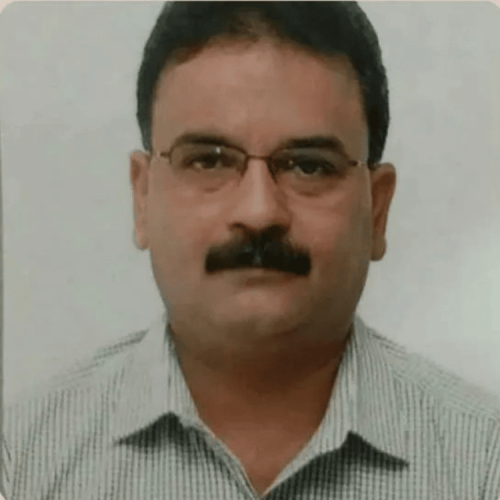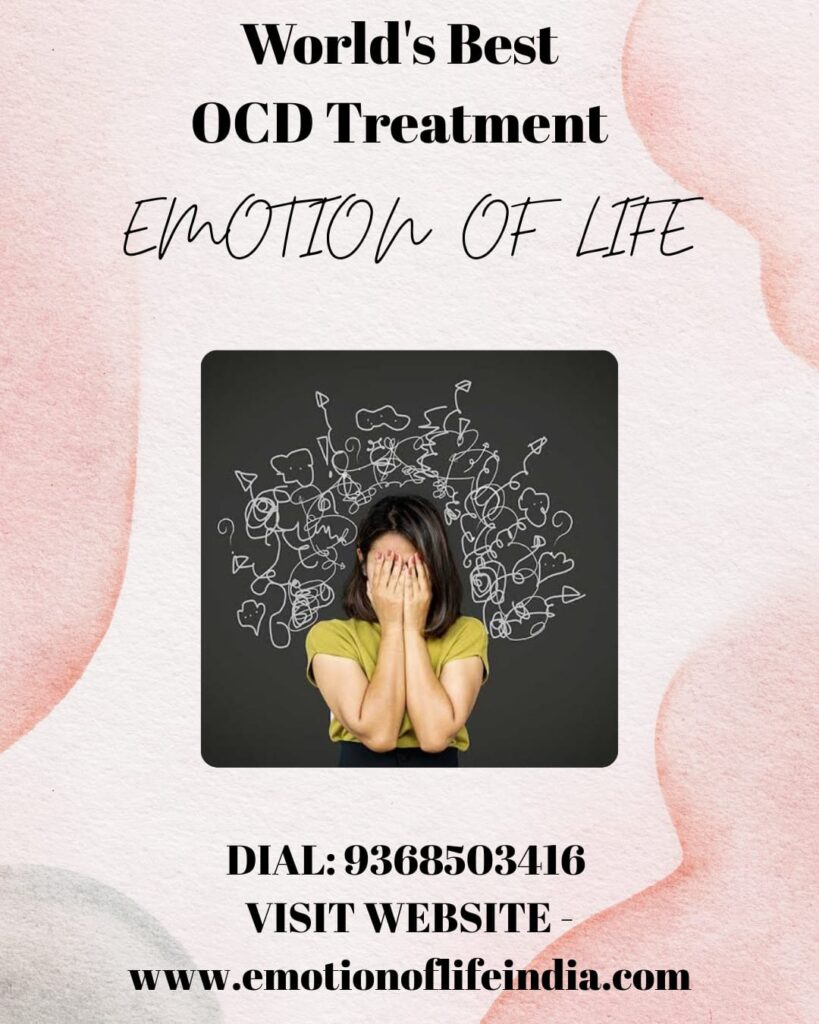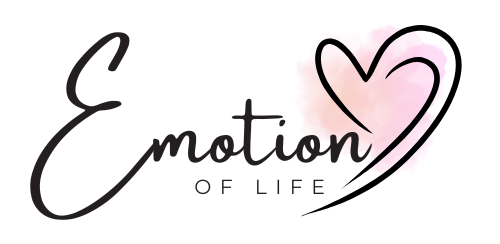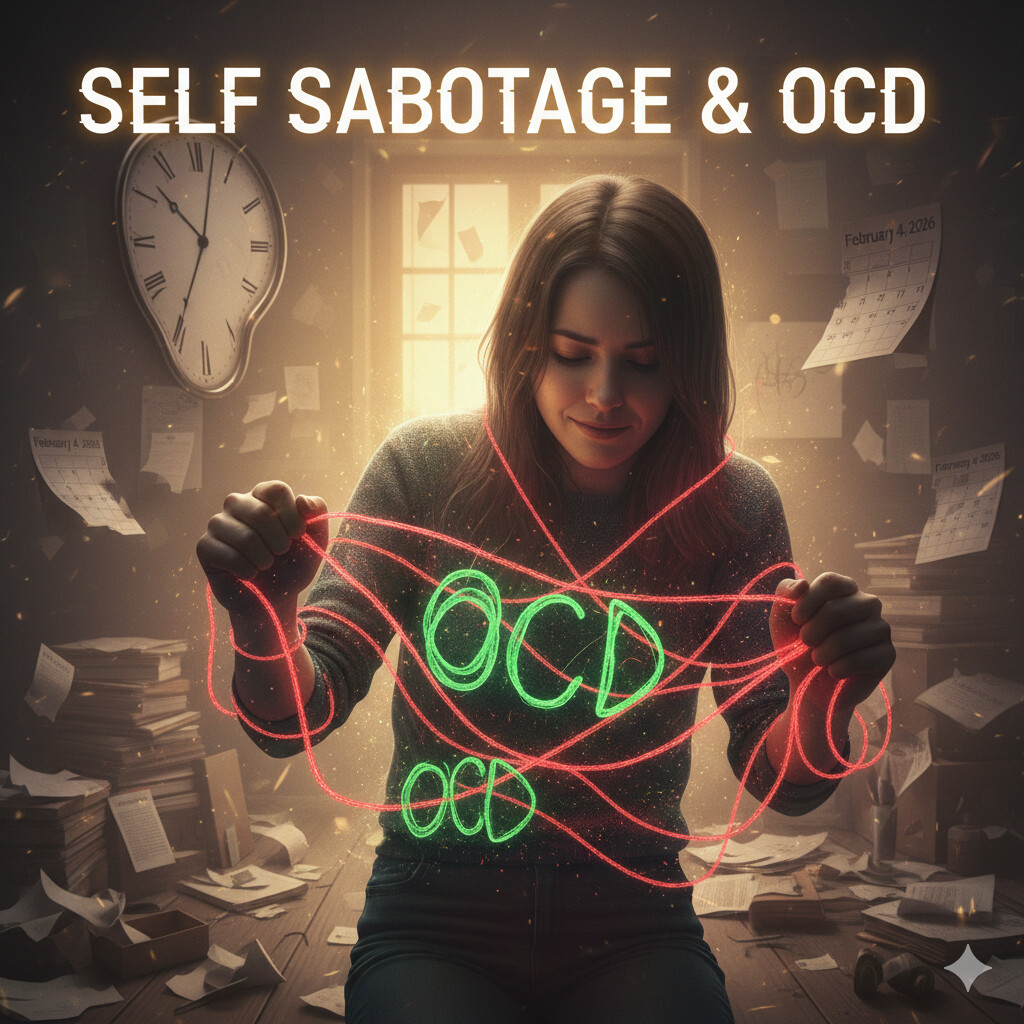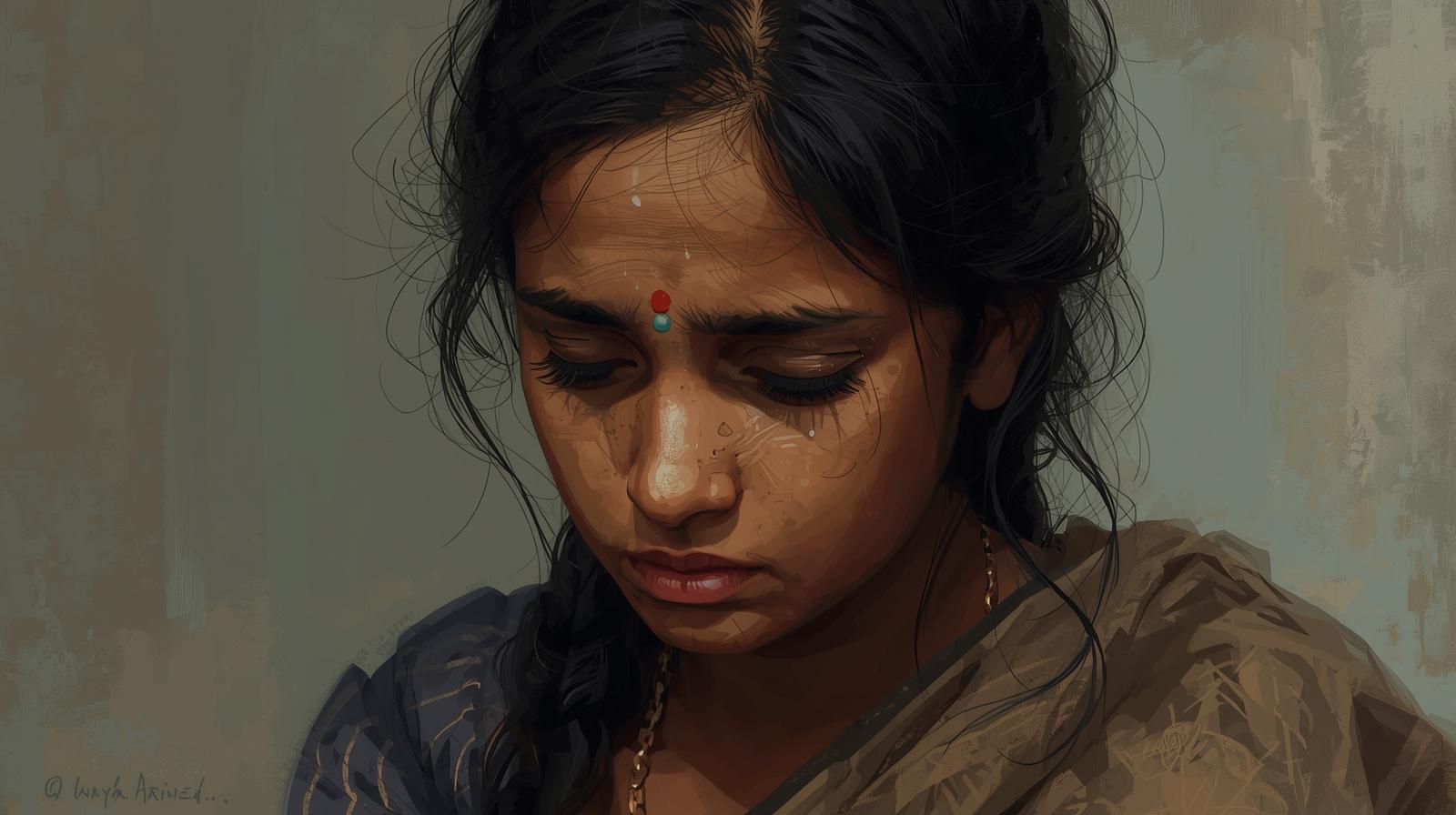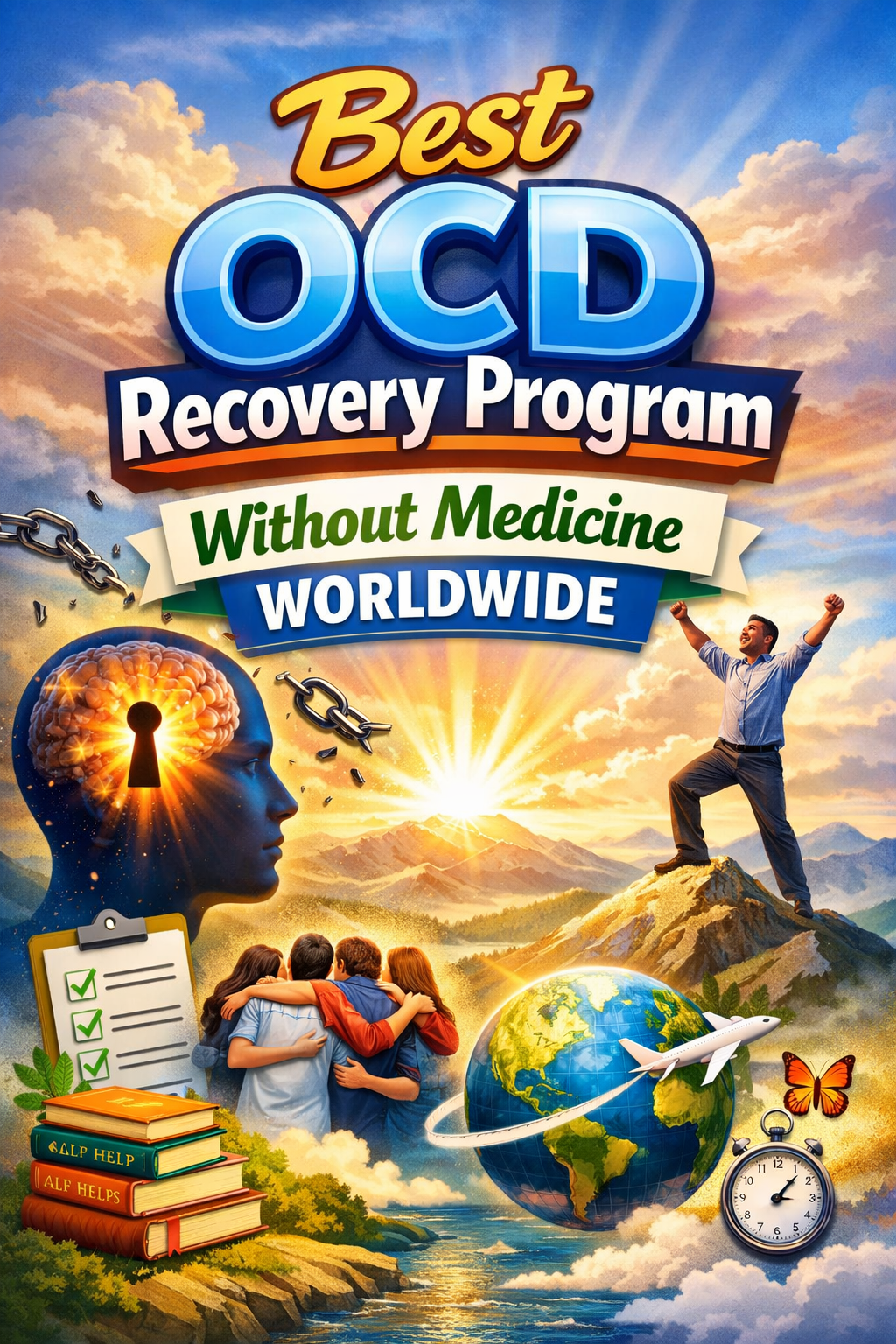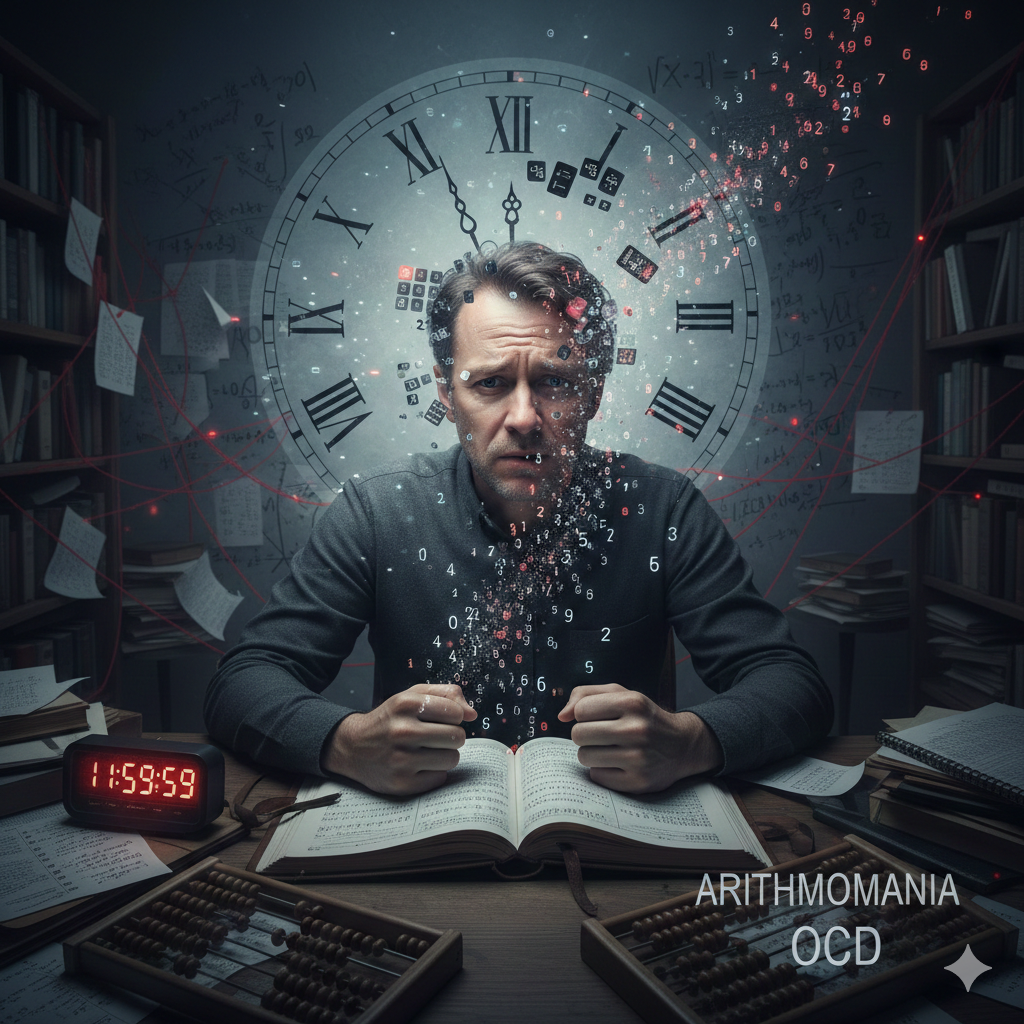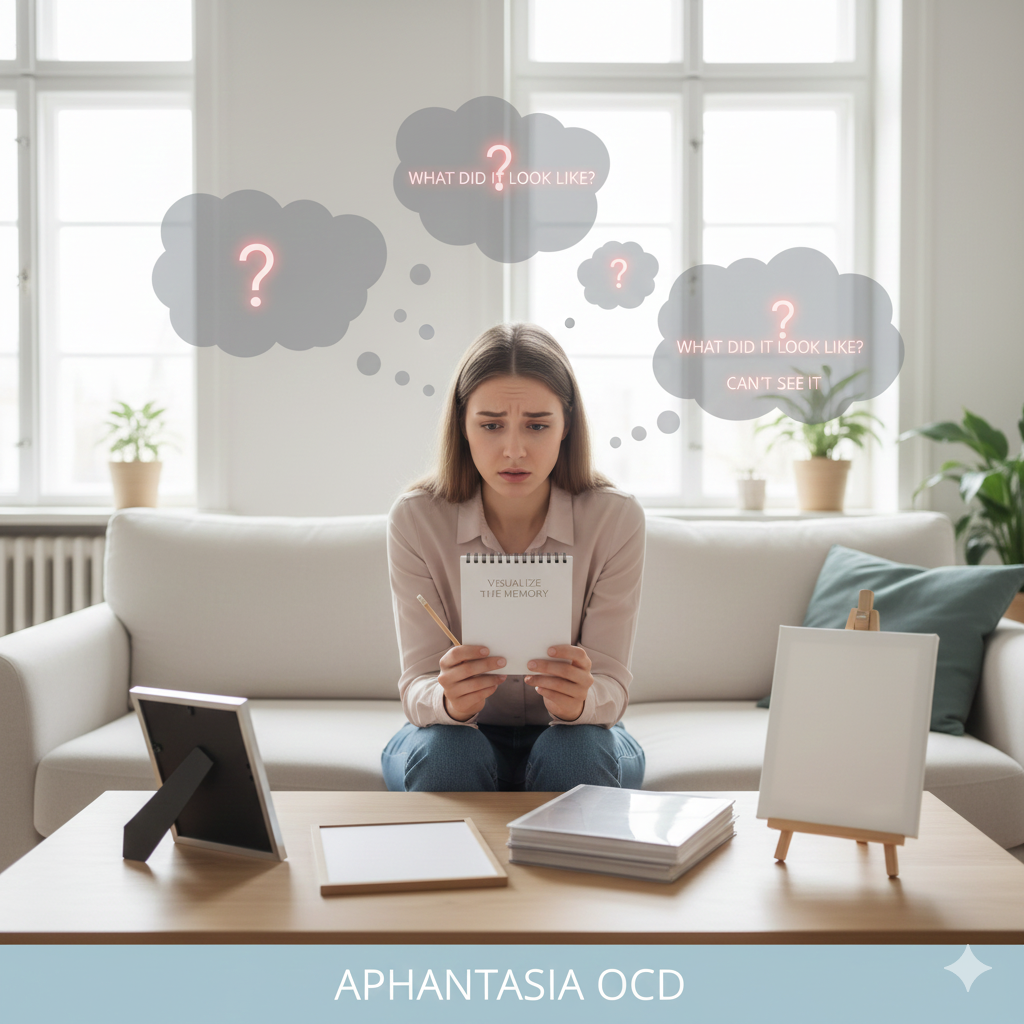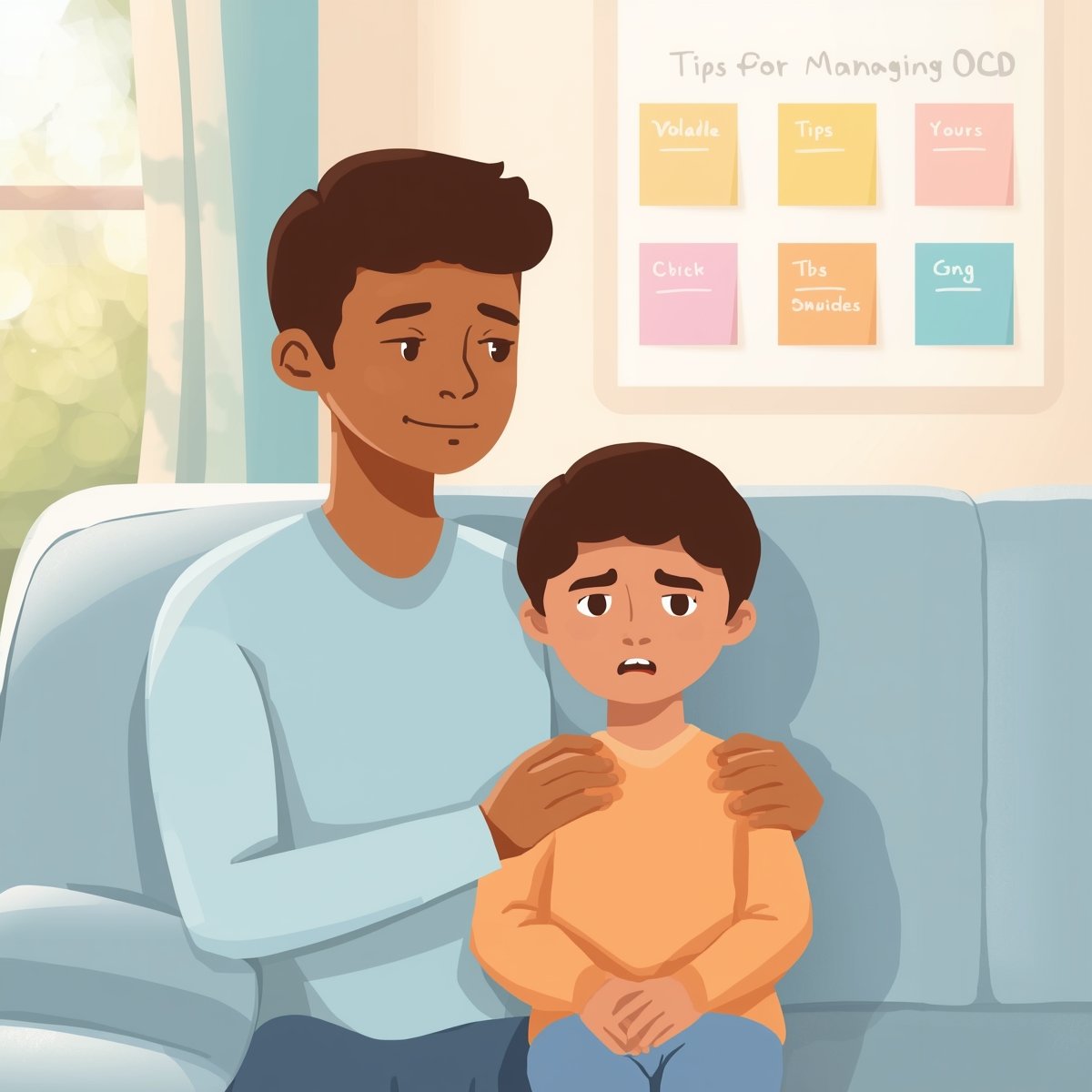OCD SUCCESS STORY of Suicidal OCD – AVI RAJ
From Suicidal OCD Intrusive Harm Thoughts to Emotional Clarity: Avi Raj’s Path to Recovery
My name is Avi Raj. I’m 19 years old, living in Bangalore and for a long time, I was trapped in distressing, unwanted thoughts—especially fears of harming my family members, including my mother, father, brother, and sister. These intrusive harm thoughts shook me deeply, even though I knew logically that I would never act on them or want to.
Living with these thoughts felt confusing and overwhelming. I struggled with guilt and shame, wondering if these thoughts meant I was a bad person or even a psychopath. I feared losing control or hurting those I loved most.
But today, I am proud to say I am healing. With the support of Shyam Sir and Dilima Ma’am at Emotion of Life, I have learned to understand these thoughts for what they really are—unwanted intrusions, not reflections of my true self. My journey has been about reclaiming control, self-compassion, and hope.
I have achieved 99% recovery in my OCD symptoms and that too in just 4 months.
The Struggles I Faced
Before recovery, these intrusive thoughts were overwhelming:
- “What if I harm my mother, brother, sister, or father?” I had no reason for these thoughts, and I knew my responsibilities, but the thoughts still terrified me.
- I felt guilty for having these thoughts, but also confused about why I didn’t feel more guilty.
- I feared acting on thoughts of self-harm like jumping from balconies or stabbing myself, which caused extreme anxiety.
- I wondered, “Am I a bad person or a psychopath because of these thoughts?” and feared losing control.
- I tried to reason with myself by constantly questioning and overanalyzing these thoughts, which only made things worse.
- The thoughts caused me to avoid my loved ones, especially my mother, and I found myself seeking reassurance from family, which trapped me in obsessive loops.
- I worried about whether my thoughts meant I was suicidal or dangerous, which made me doubt myself deeply.
- I felt ashamed about natural desires like sexuality, thinking it was sinful or wrong.
A Turning Point: Therapy and Learning
Working with Shyam Sir and Dilima Ma’am was the turning point. They helped me see:
- Thoughts don’t define me—only actions do. Just because a thought pops up doesn’t mean I want it or will act on it.
- Intrusive thoughts are not real threats; they are a result of passive anger and unexpressed emotions. Understanding this helped me stop blaming myself.
- I learned to dismiss unhelpful thoughts and focus on thoughts that support my growth and daily life.
- I stopped seeking constant reassurance, which only fueled my anxiety.
- I embraced the idea that some things are outside my control—birth, death, success, failure—and I need to focus on what I can change.
- I stopped overanalyzing, which reduced distress and helped me live more in the present.
- I understood that self-care and compassion are crucial; I am not a bad person for struggling.
- I learned to separate my identity from my intrusive thoughts and commit to my responsibilities and goals.
Real Progress: What Changed
Step by step, the intensity and frequency of these harm-related thoughts decreased. I learned to:
- Trust myself and my values more.
- Replace fear with understanding and acceptance.
- Build emotional resilience and healthier coping strategies.
- Stop avoidance behaviors and reconnect with loved ones.
- Feel less guilt and shame about natural human experiences.
- Focus on positive actions and thoughts that support my well-being.
Clinical assessments show clear improvement in anxiety, intrusive thoughts, and emotional stability. Most importantly, my quality of life has improved dramatically.
Continuing the Journey: Weekly Follow-Up
I am now on a 6-month weekly follow-up program with Shyam Sir and Dilima Ma’am to maintain my progress and deepen my emotional wellness. These sessions help me stay grounded, refine coping skills, and strengthen my resilience as I move toward full recovery.
What’s Next?
Though I’m still on this journey and doing my weekly follow ups, I’m confident in my ability to manage difficult thoughts and emotions. I continue to work with Shyam Sir and Dilima Ma’am on:
- Enhancing emotional flexibility and self-awareness.
- Letting go of perfectionism and self-judgment.
- Strengthening my mental and emotional resilience.
Full recovery means not just reducing symptoms but building a fulfilling, balanced life—something I’m actively creating every day.
A Message to Anyone Struggling with Intrusive Thoughts
If you or someone you know suffers from unwanted harm-related thoughts, remember:
- You are not alone. These thoughts do not make you a bad person or a danger. They are just thoughts—often the mind’s way of expressing stress or unresolved emotions.
- Recovery is possible with the right support and mindset. My journey is an example of successful suicidal OCD recovery through OCD treatment without medicine using CBT and ERP—an OCD cure that truly changes lives.
Thank you, Shyam Sir and Dilima Ma’am, for guiding me through this journey and helping me believe in myself again.
— Avi Raj



